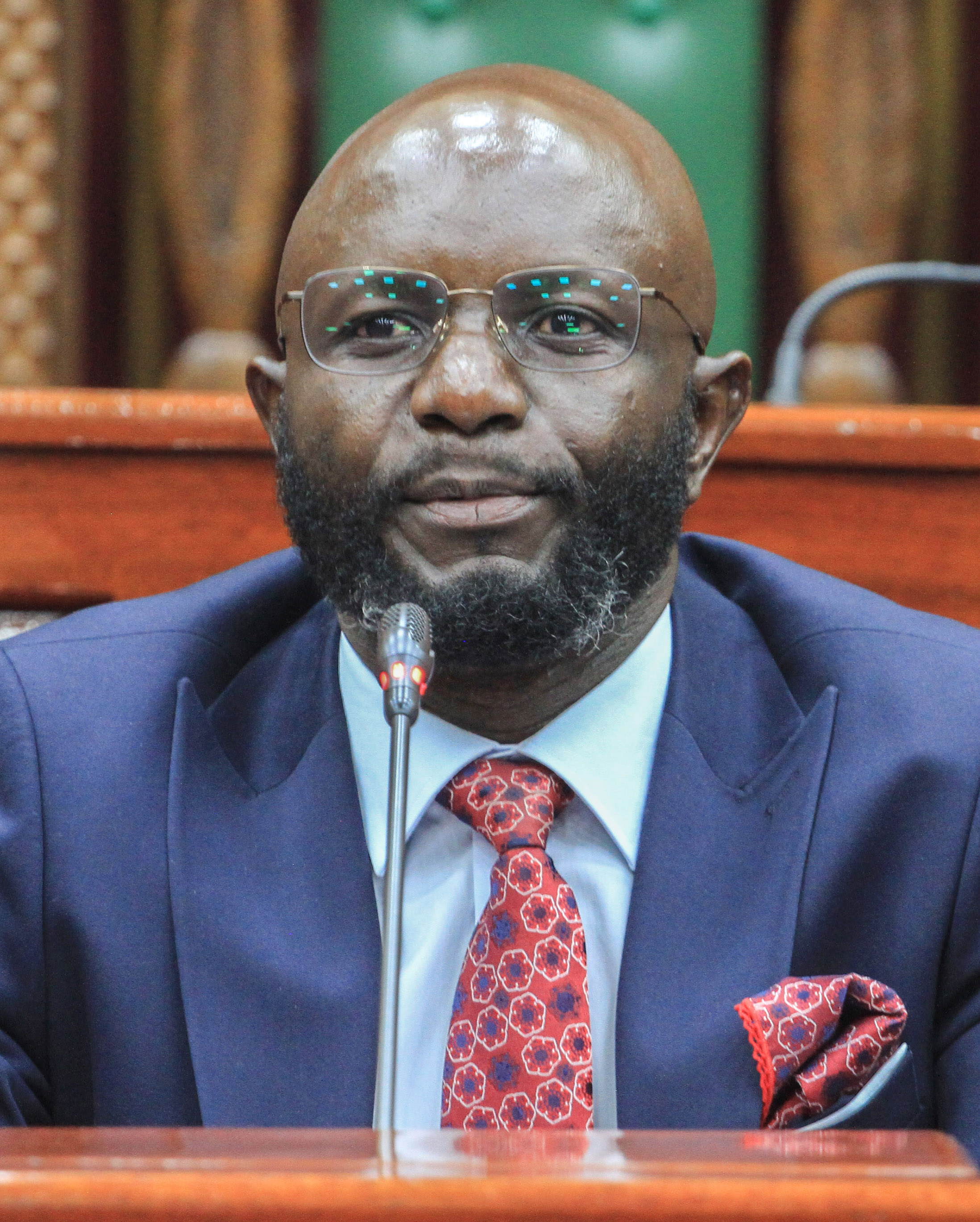

Budget experts who advise MPs have sounded an alarm about the financial reality for millions of Kenyans, detailing a grim situation despite the National Treasury’s figures showing economic growth.
In a report presented to the National Assembly’s Budget and Appropriations Committee, the Parliamentary Budget Office says that all is not well with the citizens despite the flowery figures by the government.
The Martin Masinde-led team revealed that despite official figures showing economic growth, citizens are grappling with a severe decline in purchasing power, forcing many to live ‘hand to mouth’.
“There was a consecutive negative growth in real wages per employee, coupled with rising inflation, between 2020 and 2023, signifying a reduction in purchasing power for individuals in the formal sector,” PBO said.
The team noted that real wages declined between 2020 and 2023, from negative 1.4 per cent to negative 4.1 per cent, albeit noting the situation improved slightly in 2024.
To the economics experts, this means even those with formal jobs saw their paychecks buy less and less each year.
“This illustrates a worsening situation where wages are not keeping up with inflation,” the team said in the report to the Alego Usonga MP Sam Atandi-led budget team.
“During the same period, inflation rose from 5.3 per cent to 7.7 per cent, implying that the cost of goods and services increased at a faster rate than wages,” the experts said.
They add, “As inflation rose, the cost of living increased, which meant that individuals needed more money to purchase the same basket of goods and services.”
The experts say it remains to be seen if the situation will change in the face of inflation declining to 4.5 per cent in 2024.
“Negative real wage growth implies workers were effectively able to buy less with the money they earned.”
“Indeed, reduced consumer spending coupled by increased financial strain on households may result in potentially higher rates of poverty and inequality,” PBO warned.
PBO has also played down the government’s economic growth prospects, saying it will be 4.8 per cent, and not the government's projected economic growth of 5.3 per cent.
The cost of essentials like food, transport and housing raced ahead of what people were earning, the experts observed.
PBO further noted that private sector credit also stagnated in what shows small businesses, the nation's biggest employers, cannot get loans to expand or even survive.
What’s worse is that as Kenyans and businesses struggle to borrow, government borrowing grew by 16.4 per cent, sucking up available credit and making it more expensive for everyone else.
"The data shows a clear and distressing trend. For years, the cost of living has been winning the race against the paycheck. This creates an economy where people are running in place, unable to get ahead, and ultimately vulnerable to any small financial shock," David King’oo, an economist, said.
The report concludes that economic prospects depend on the "efficient and timely implementation" of the government's BETA agenda.
PBO says while inflation is projected to remain within the target range, “it may experience volatility due to sustained upward pressure on food prices.”
Food inflation is expected to persist, in part as a result of below-average short rains anticipated between October and December, the team said.
In a glimmer of hope, the experts said they are elated that fuel prices are likely to moderate, noting downward trends in global markets driven by an expected increase in oil supply.
“Core inflation is likely to remain relatively steady, supported by a stable exchange rate and provisions in the Finance Act 2025, which focused on strengthening tax administration without introducing new taxes,” the brief reads.
INSTANT ANALYSIS
This crisis is exacerbated by government borrowing crowding out private sector credit, stifling job creation. While inflation has recently eased, food prices remain volatile. The PBO warns that this trend risks increasing poverty and inequality, emphasising that economic recovery depends on the effective implementation of policies that directly benefit ordinary Kenyans, not just macroeconomic indicators.













